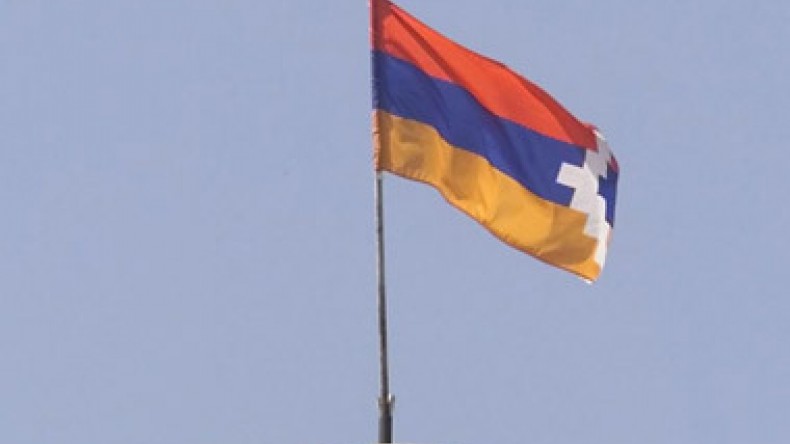
Philip Siegert on interest which Nagorno-Karabakh conflict presents for Europe
Panorama.am presents an interview with Mr. Philip Siegert who has been researching the Nagorno-Karabakh conflict at the Hungarian Institute of International Affairs. Mr. Siegert is speaking about the South Caucasus region and the Nagorno-Karabakh conflict within the framework of his research.
- Mr. Siegert, you have recently written an article titled “Is there potential for German-Russian cooperation on the Nagorno-Karabakh conflict?” It is interesting to know what motivated you to start researching the South Caucasus region and the Nagorno-Karabakh conflict in particular. How is this region interesting for a European researcher? Is the interest towards the region somehow increasing?
- During my studies at Andrássy University I got the impression that Europe seems to traditionally under-appreciate the Black Sea region; that includes the challenges arising from the various political tensions in this part of the world. In my opinion they are of importance for Europe and need to be addressed more in the future, including specifically the South Caucasus. Namely the issues of migration and energy security directly affect the continent. As far as the European awareness of this region goes, it is my impression that interest in it is increasing, even though it has not made it to the list political priorities (yet).
- According to your findings what are the common and clashing interests of Russia and Germany in the Nagorno-Karabakh conflict?
- As far as my assessment goes, Russia has a strong and palpable security interest in the Region whereas Germany deliberately limits its activities to civic projects and to a general contribution to conflict settlement as a participating member of the OSCE Minsk Group. The main interest that both have in common is to prevent the frozen conflict around Nagorno-Karabakh to “de-freeze” into war, though its surely devastating effects would affect Russia even more than Europe – not to mention Armenia and Azerbaijan themselves. Both Russia and Europe stand to lose considerably in case of conflict escalation. The major difference is the effect of the current situation on the German/European and Russian security policies, respectively. Russia can at present benefit from it in terms of geopolitical influence, Europe cannot. And Moscow will remain keen on limiting the influence that Europe can exercise through the European Neighbourhood Policy (ENP), which it views as an unwelcome challenge to its own influence in the “near abroad”. The conflict is a means of doing so.
- Recently more publications have been made arguing for a greater role of the EU in the resolution of the Nagorno-Karabakh conflict. However this still remains not feasible and you give the reasons for this in your paper. Could you briefly present your findings in this regard?
- That is indeed an interesting aspect. As you pointed out, arguments for a more active role of the EU are being made, but even the publications that do so can hardly provide concrete instructions on how that could be achieved. In my opinion there are three main factors practically prohibiting the EU from becoming more active. First, there is no common European credo regarding the primacy of either the right to self-determination or the right to protect a country's territorial integrity, both of which are principles of international law and of major importance to the legal arguments of Armenia and Azerbaijan respectively. The EU deliberately leaves the field to the OSCE so that it doesn't have to leave its comfort zone. Secondly, no European government (and only a very little group of parliamentarians) call for EU action in the first place. On the contrary: France seeks to maintain its role as Minsk Group co-chair, preferably without EU involvement. This also thwarts the proposal made by some scholars to replace the French co-chairmanship with one by the EU. Thirdly, if the EU were to develop a more concrete position on the conflict or become more actively involved in it, it would perhaps put it at cross-purpose with Russia. And Brussels certainly does not want to do that over an issue that it deems to be of secondary importance to EU interests.
- You have done a good literature review of the European publications on the Nagorno-Karabakh and the South Caucasus. Where did you see the gap and in your opinion what are the key questions on Karabakh that need further research?
- In my opinion further research would be necessary to precisely identify the repercussions of the Nagorno-Karabakh issue for Europe. I think the EU needs a clearer understanding of the stakes in this conflict and of its implications for our strategic choices, including Europe's relation with Russia and Iran, the energy security, and the stability and development of the Black Sea region in general. EUROPE'S NEXT AVOIDABLE WAR does address some of these.
Newsfeed
Videos






























